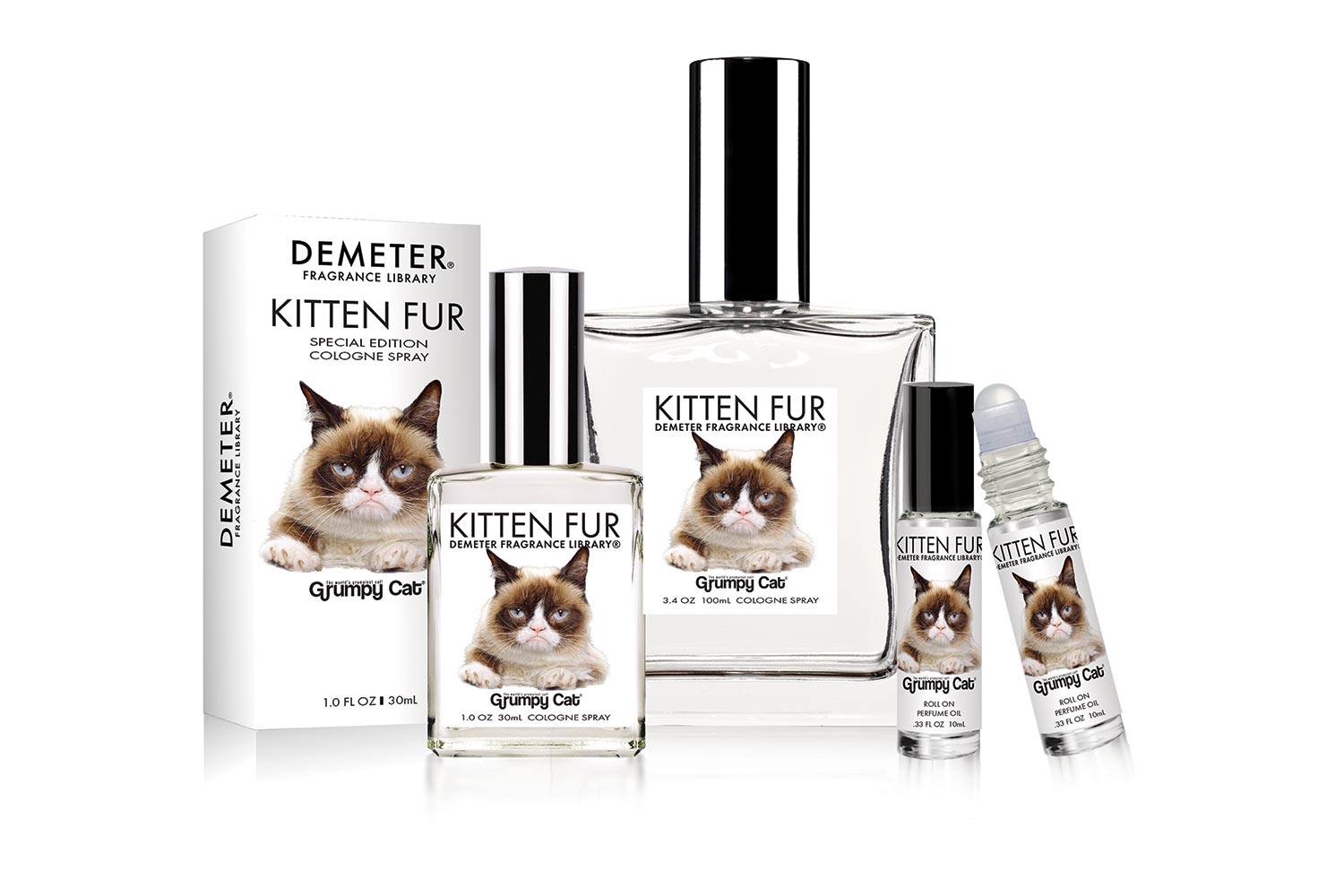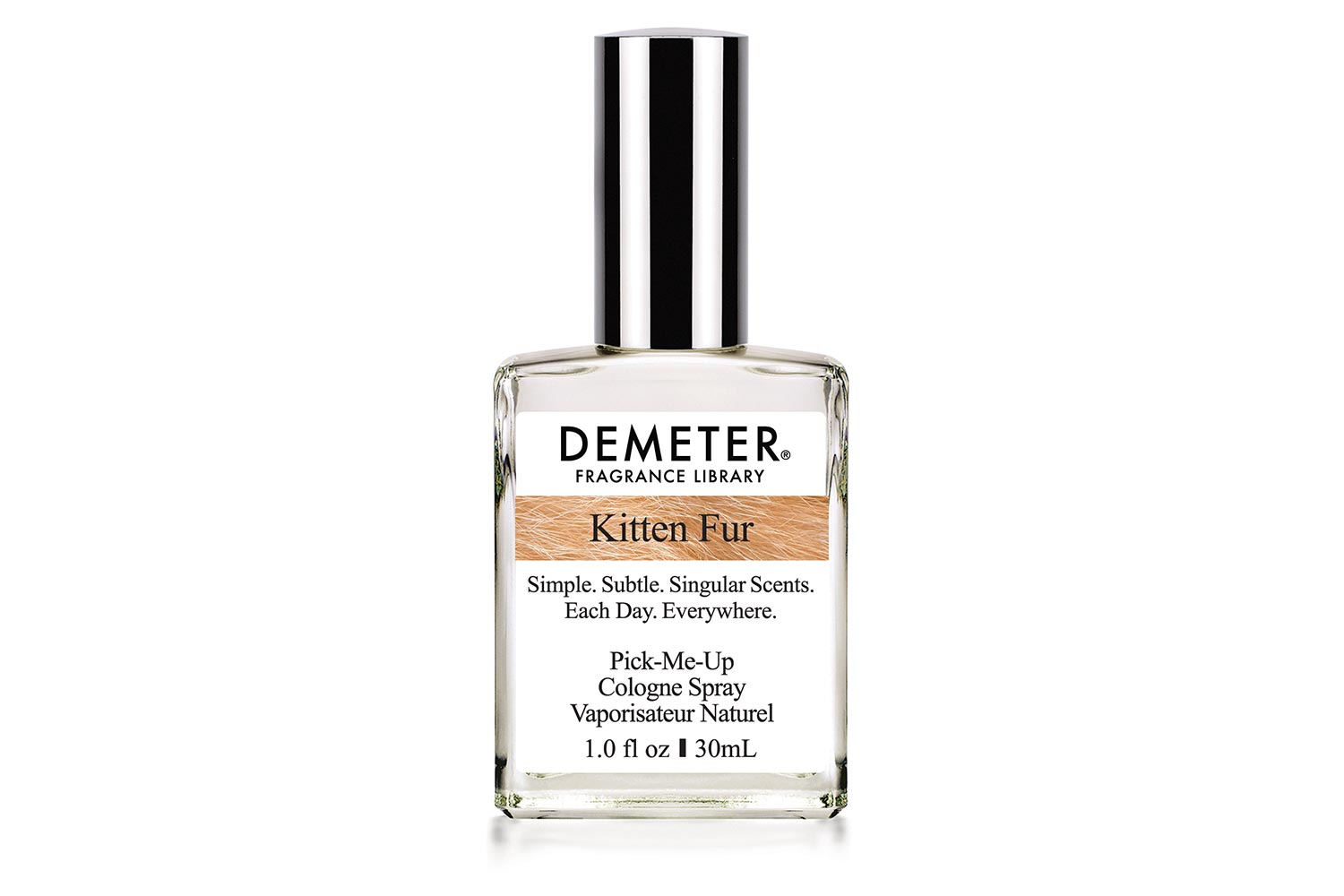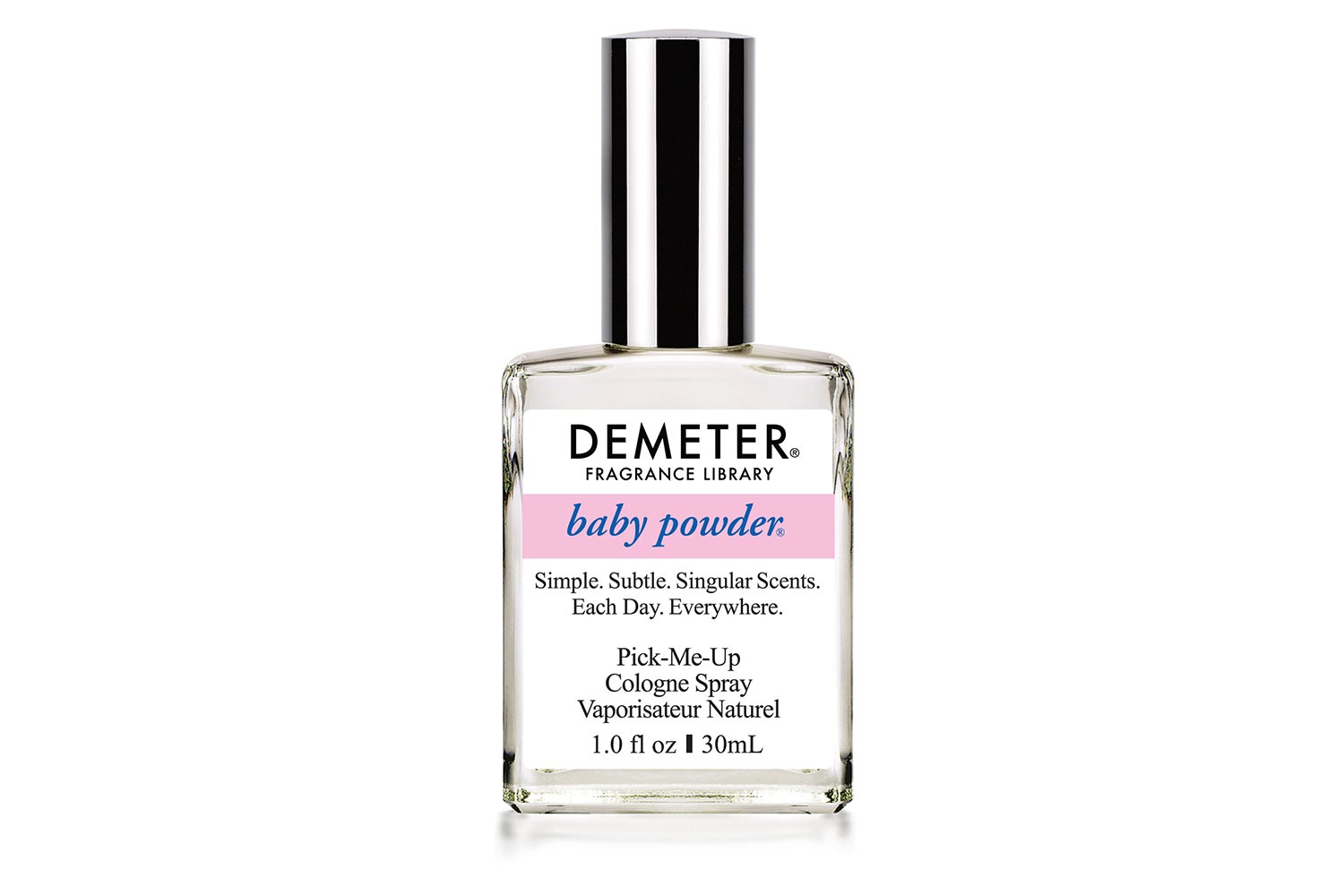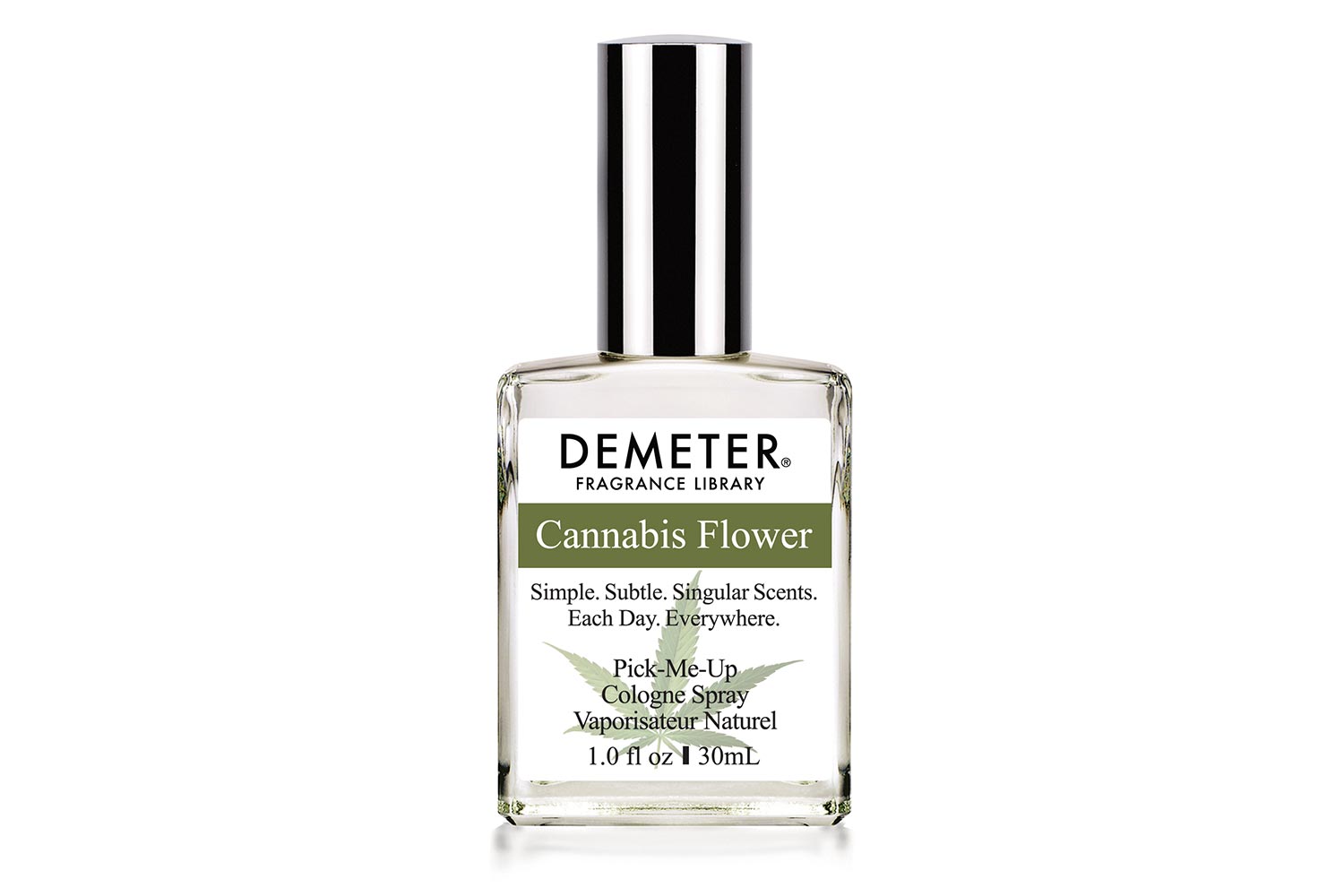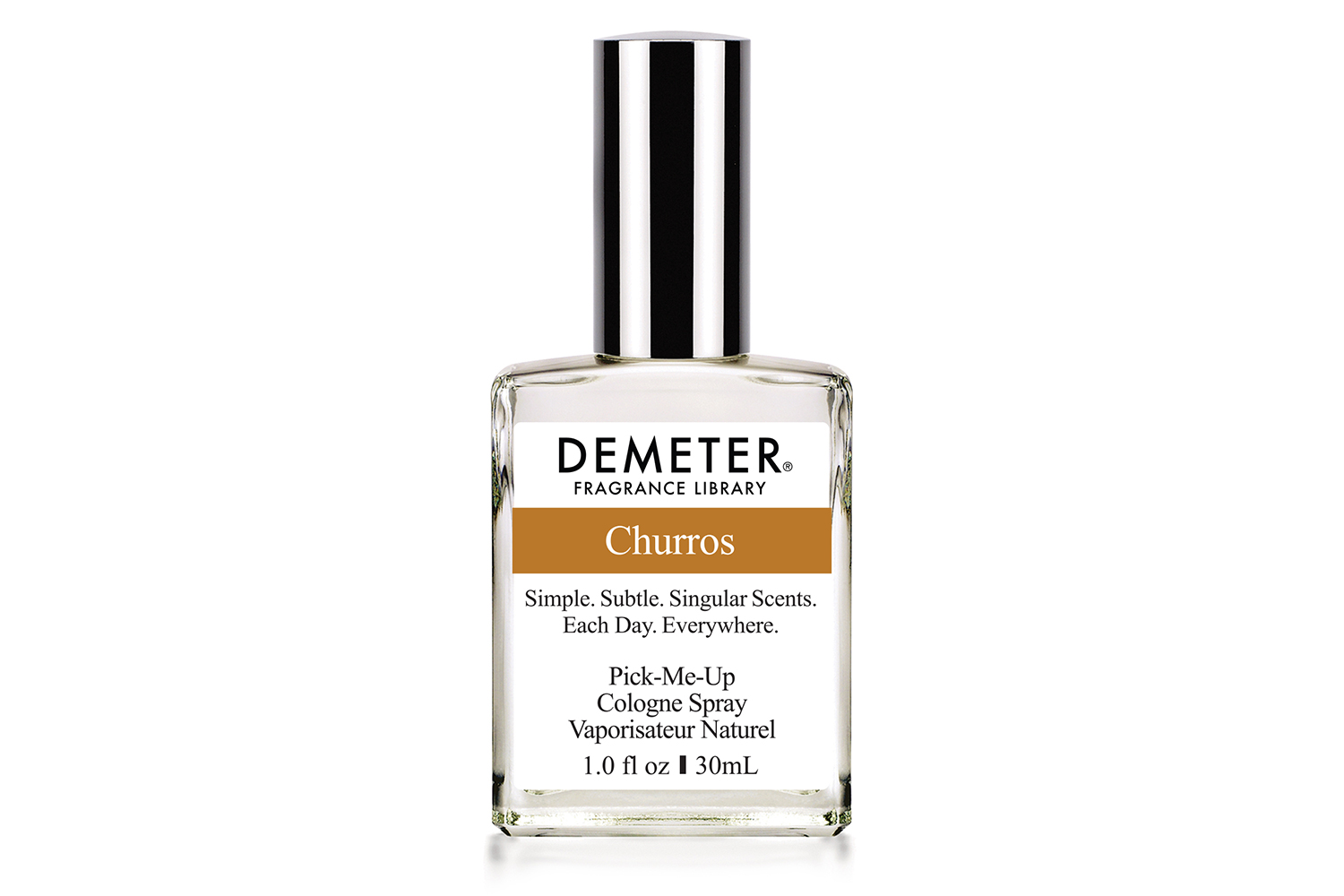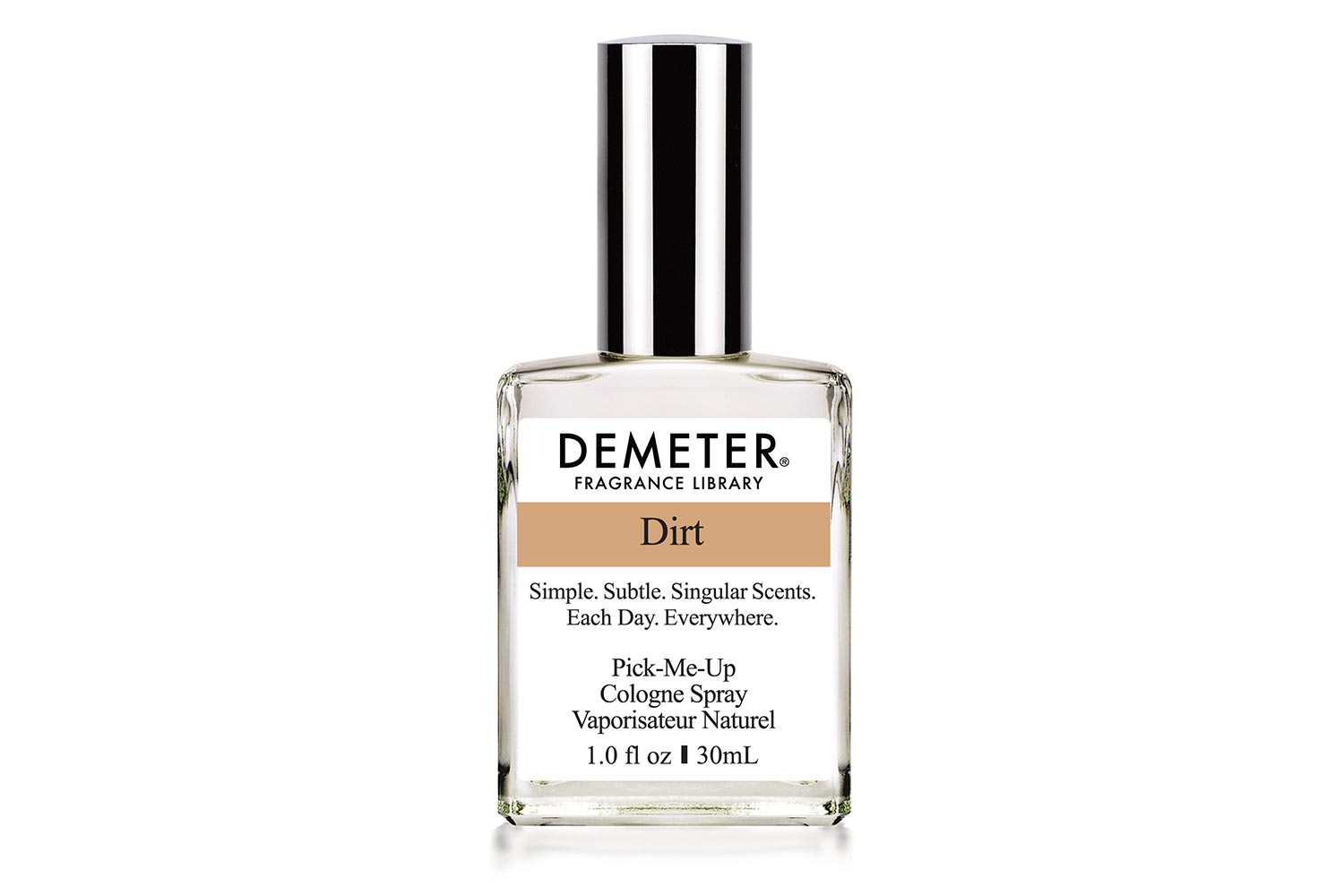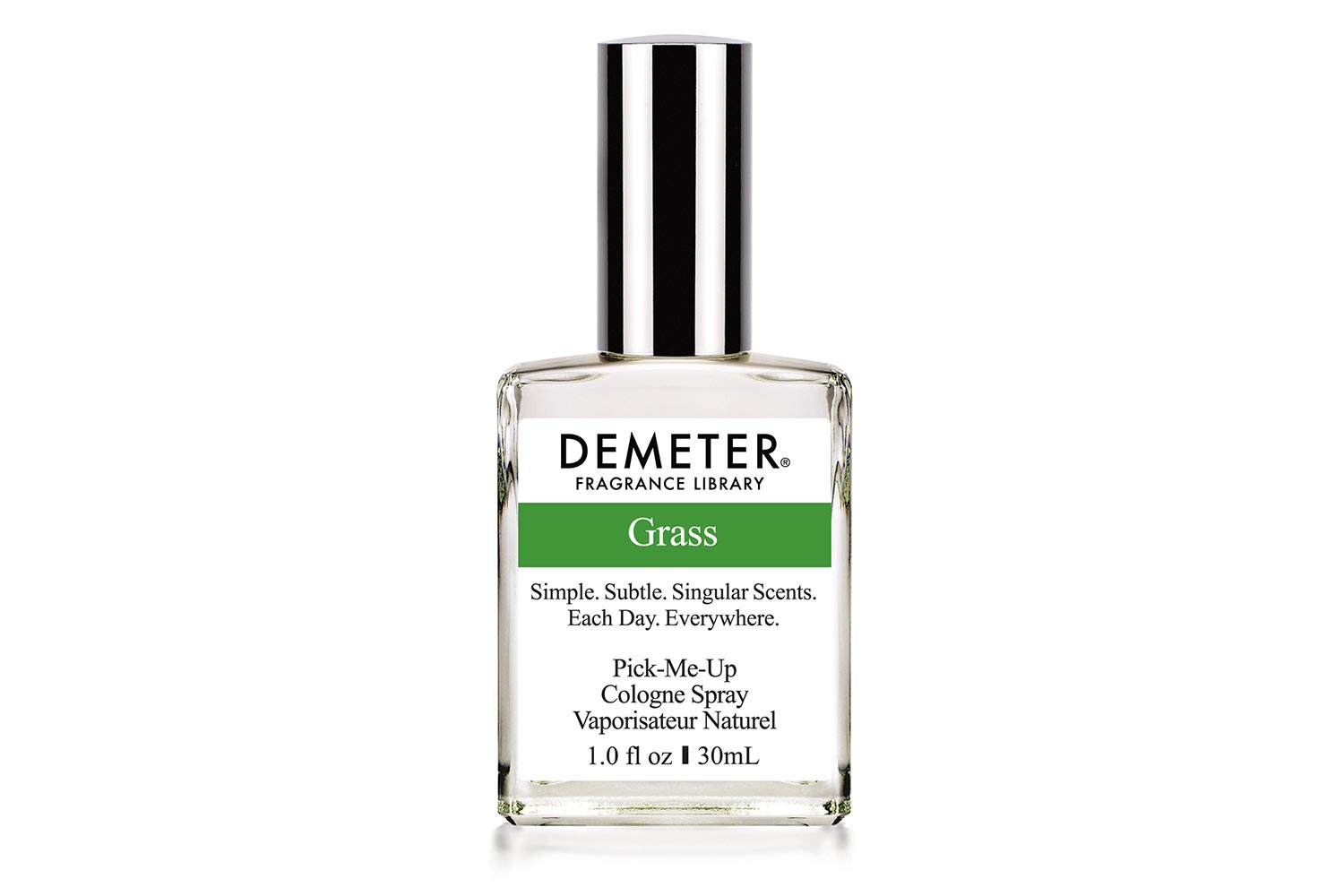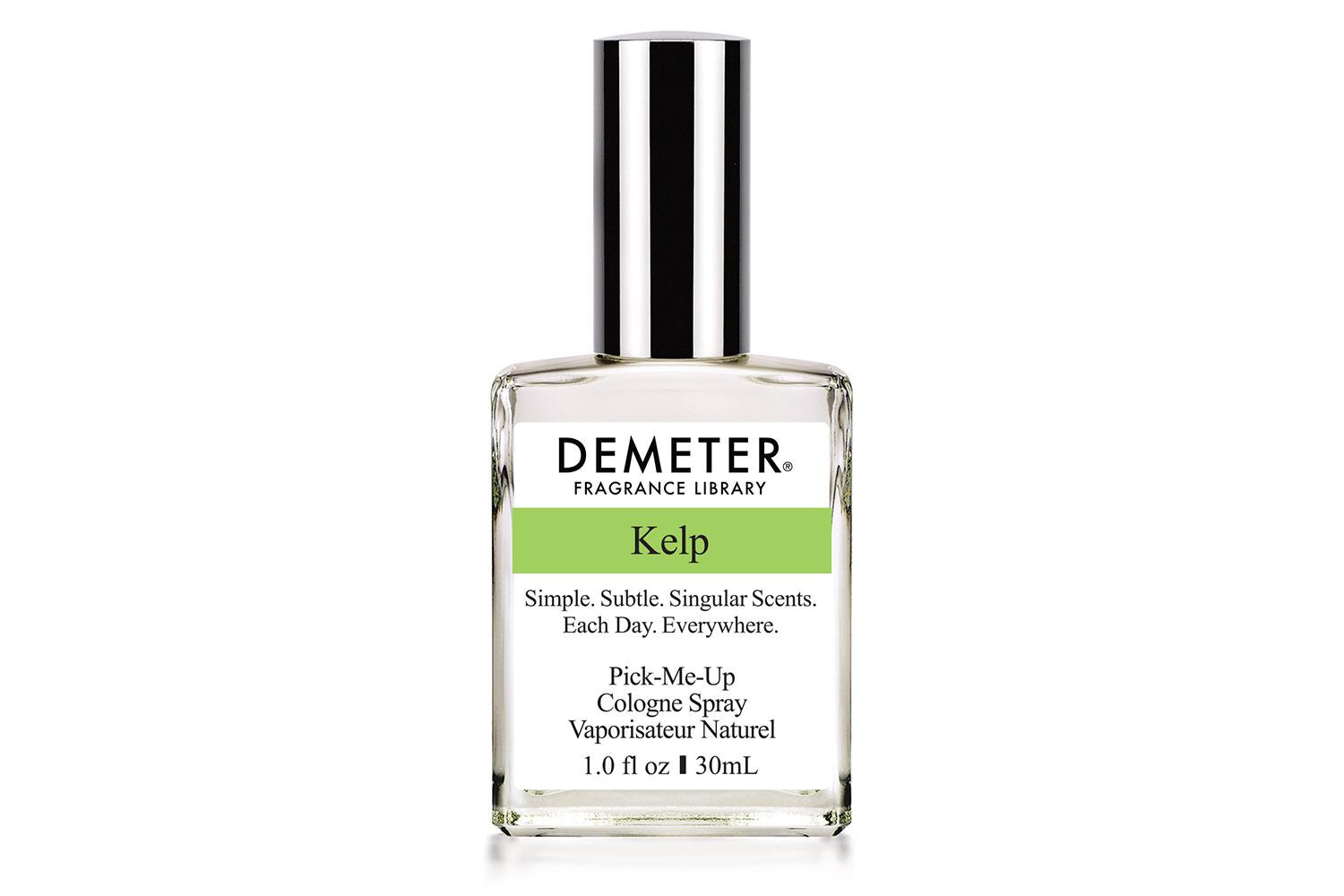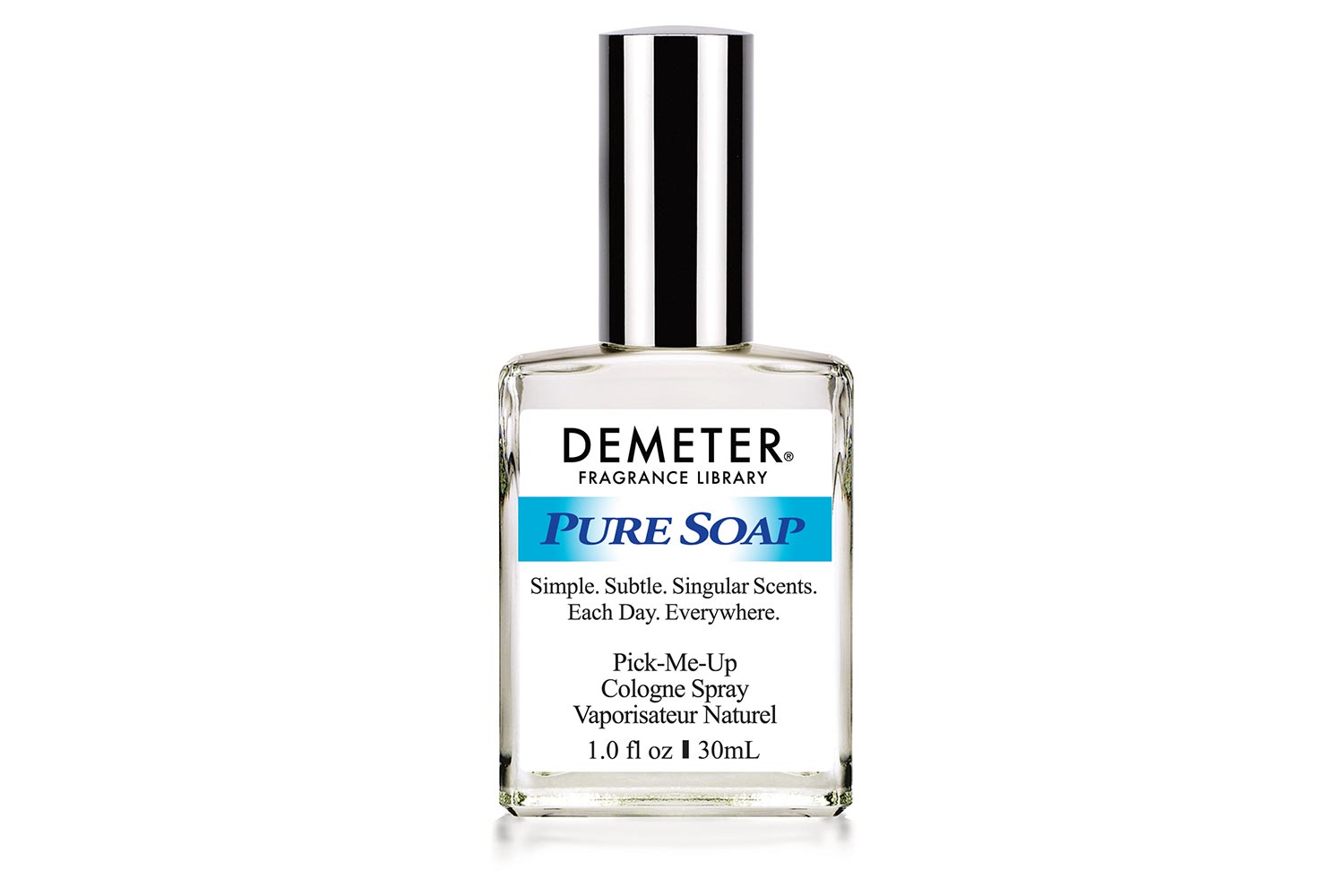Whether you’re a fan of men’s fragrance or strictly against it, there’s no denying that colognes, body sprays, and the like have suffered a long time under terrible product names. It’s hard to take a guy seriously when he’s drenched in scent, but it’s even harder to take him seriously when that scent is named for a concept, an emotion, or (God help us) a mall retailer.
If you’ve Marie Kondo-ed the bottles of Calvin Klein Obsession, Axe Body Spray, and Abercrombie Fierce out of your life, you may find yourself wondering whether there’s a men’s fragrance that won’t eventually embarrass you. It’s time you made the acquaintance of Buy Now . A little less crunchy than essential oils, and a lot more classy than scented deodorant, these handmade fragrances are derived from 100% natural sources and free of phthalates, artificial colors, and emulsifiers. The company, founded by former Kiehl’s perfumer Christopher Brosius, specializes in what they call “single-note, linear-experience fragrances,” meaning that they smell like actual things.
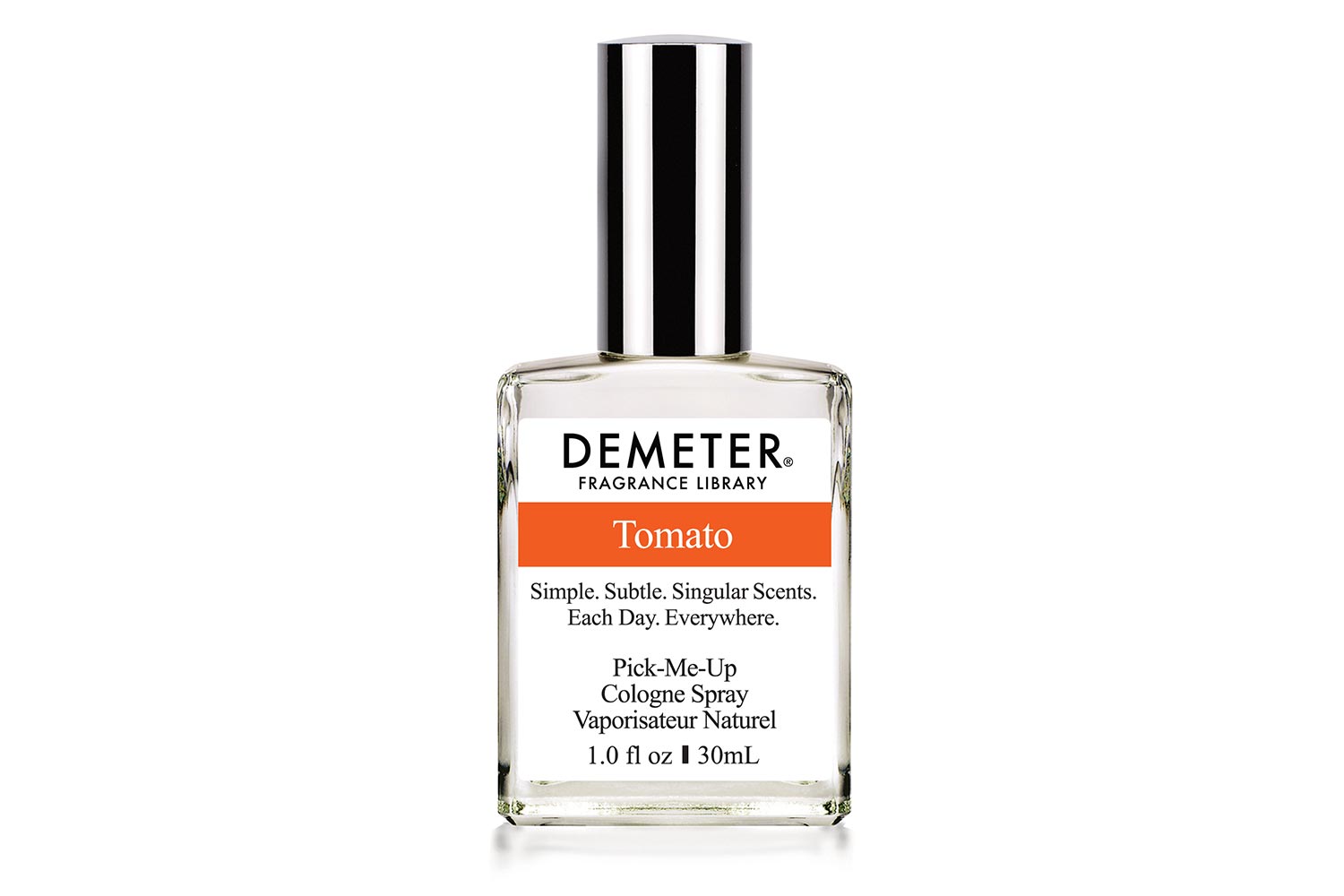
Demeter’s three debut scents — Dirt, Grass, and Tomato — presented a radical novelty when they entered New York City department stores back in 1996. At the time, Armani’s Acqua di Gio was the top-selling men’s fragrance on the market. In contrast, a cologne that smelled like a thing in nature was viewed as nothing short of revolutionary. Once the brand gained a following, including a celebrity fan base from Clint Eastwood to Kate Moss (both of whom, incidentally, wear Dirt), the brand went from a novelty to a must-have. Eventually, their “smells found in nature” focus expanded into other lines, with scents like Paperback, Thunderstorm, and Holy Water (to name but a few) joining the collection. These new categories of scent maintained the company’s emphasis on fragrance grounded in common human experience.
Company manager Mark Crames explains the appeal this way in an interview with Fragrantica: “There is so much evidence that our strongest emotional responses are to our sense of smell … it is just the way we are wired. Consequently, smelling idealized versions of even everyday objects like Dirt or Tomatoes can bring back intense feelings. When the associations with those objects are positive, the feelings evoked by those scents will be both positive and intense.”
Demeter’s business model is as democratic as its scent collections — fragrances can be found everywhere from fine department store counters to chain drugstores to Urban Outfitters. Even marketing is unashamedly for the people. A great way to get to know the vast Demeter library is by following their Fragrance of the Day feature on social media, where the company spotlights a given scent based on its association with a holiday, cultural event, or historical touchstone. And if you consider yourself too complex for a single-note fragrance, don’t turn up your nose just yet — Demeter recommends blending your very own custom cologne from up to 12 different scents among their collections. Buy Now to get you started.
